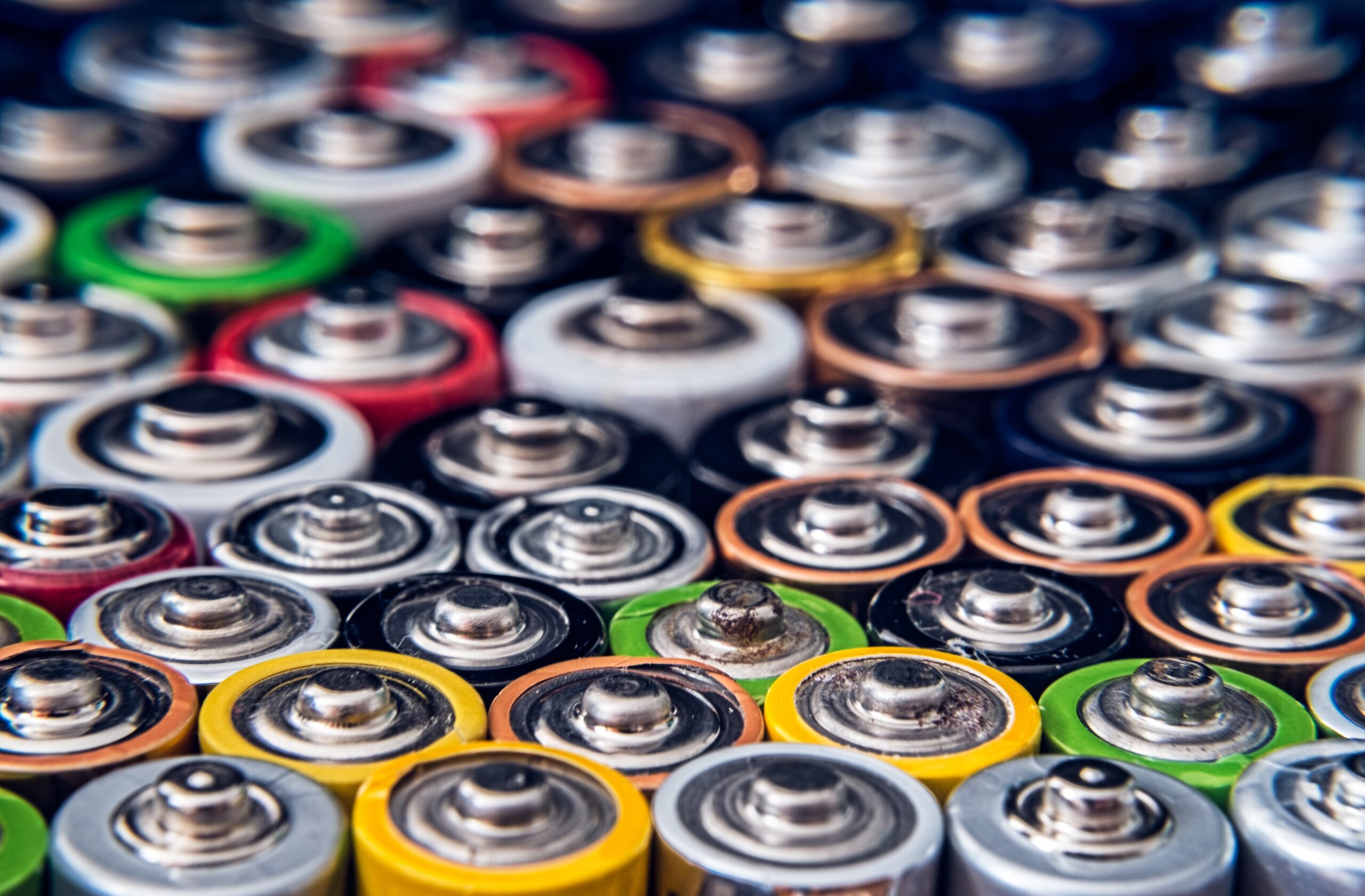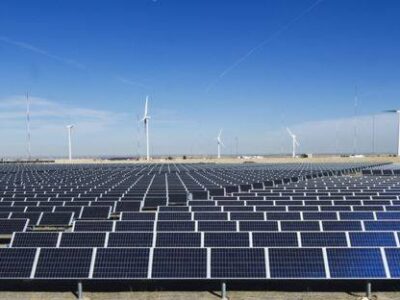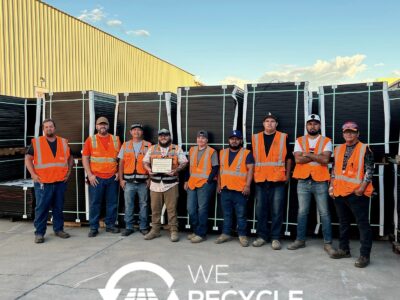The U.S. Department of Energy is now distributing more than $3.6 billion for battery production and recycling. The funding aims to trigger the development of new technologies, including the building of commercial and recycling facilities and manufacturing demonstrations. U.S. Sen. Susan Collins (R-ME) helped drive the effort, which is a part of the federal Infrastructure Investment and Jobs Act. The money is a significant opportunity for Maine to invest in new businesses, repair roads and bridges, and expand broadband networks.
“Energy storage technology holds such great promise in the fight against climate change. By strengthening current technology and advancing next-generation energy storage, we can integrate more renewables, such as wind and solar, which in turn will help to reduce emissions,” Collins said.
“This investment in battery storage manufacturing and recycling … will help substantially reduce the cost of these technologies, improve the efficiency of our nation’s electric grid, and bring us closer to a clean energy future,” Collins said. “As a key negotiator of the bipartisan infrastructure package, I am delighted that this new law will help make energy supplies more secure, abundant, and affordable while creating new jobs.”
The funding will support second-life applications for electric vehicle batteries and research the best ways to recycle materials back into the supply chain. The money comes on the heels of several related new laws, including:
- The Better Energy Storage Technology Act guides new battery research.
- The Battery Material Processing and Component Manufacturing Act (BMPCMA) aims to boost American production.
- The Battery and Critical Mineral Recycling Act of 2021 incentivizes their reuse.
Together, the funding and acts are designed to help fight climate change and create thousands of high-paying jobs.
U.S. Sen. Angus King (I-ME) was a driving force behind the BMPCMA. “As global supply chains struggle to meet increased demand and the threats of climate change grow, investing in American battery technology is a vital opportunity to support our economy and our environment — we can address both these issues by reconsidering what we do with used batteries,” he said.
“ This act will help us produce the batteries that power cutting-edge technologies here in America while also building a circular economy for those batteries by recycling and reprocessing critical components for reuse,” King said.
“This legislation will mean less reliance on foreign markets and more jobs across the country in a fast-growing field.”
The new regulations and associated funding are a part of the U.S. government’s move toward net-zero emissions by 2050. Each is designed to make domestic energy supplies secure, affordable, and plentiful while driving new jobs and resources into local communities. Properly storing and distributing renewable energy will unlock a greener future for Maine and the entire American economy and environment.





